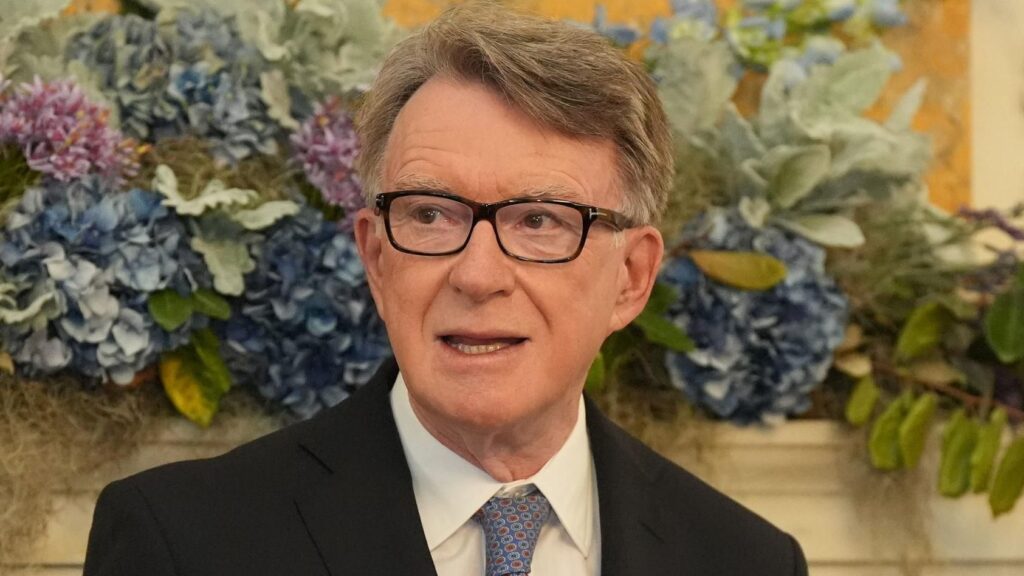Political Landscape Shifts as Mandelson’s Departure Raises Questions
In a wave of political upheaval, Prime Minister (PM) Keir Starmer has formally dismissed Peter Mandelson from his post as the UK’s ambassador to the United States. This drastic move follows the surfacing of new information regarding Mandelson’s connections to the late Jeffrey Epstein, a convicted sex offender. As backlash develops, Mandelson’s tenure, characterized by influence and controversy, has come to a sudden halt.
Mandelson’s Controversial Links and Their Fallout
Recent revelations unveiled that Mandelson accepted financial assistance from Epstein to cover travel expenses as far back as 2003, raising significant concern amongst political circles. This controversy has left the government scrambling to manage public perception and internal support.
As part of the response to the growing scandal, Government officials clarified that Mandelson was officially relieved of his duties due to the renewed scrutiny over his past dealings with Epstein. The decision reflects a shift in strategy, indicating that the current administration is intent on distancing itself from any associations that might tarnish its reputation.
Labour Party Dynamics Amidst the Turbulence
With Mandelson’s exit, additional pressures mount on the Labour Party, which is already navigating its own internal challenges. Amidst this chaos, a significant leadership election is on the horizon for the deputy leader position, following Angela Rayner’s own recent dismissal. Starmer’s decisions appear to be driven by the necessity to uphold party integrity and public trust.
- Start Date for Nominations: Today
- Announcement Date for New Deputy Leader: October 25
Current Political Pressures
In addition to Mandelson’s situation, public discontent regarding the UK economy looms large. Recent economic reports indicated a stagnation, with July witnessing zero growth amid a troubling decline in manufacturing output. Economists warn that this stagnation could lead to broader implications for the government’s ability to meet its pledges. The housing sector remains a critical focus, with new Housing Secretary Steve Reed reaffirming the commitment to deliver 1.5 million homes as promised in Labour’s election manifesto.
Public and Political Opinion
As Labour grapples with internal upheavals, questions arise about the party’s direction under Starmer’s leadership. While some observers believe the PM is realigning the party’s core values, others are skeptical, especially given the backdrop of endorsements for Reform UK, a party claiming growing ambition and appeal. The positioning of these political narratives will likely shape voter sentiment heading into the next election cycle, expected in 2024.
| Date | Event | Significance |
|---|---|---|
| Today | Nominations Open for Deputy Leader | Potential shift in Labour leadership dynamics |
| October 25 | New Deputy Leader Announcement | Impact on party strategy and voter outreach |
| July 2023 | Zero Growth in Economy | Concerns about economic performance and government credibility |
As political tension escalates, both the Labour Party and the government must address these significant challenges head-on in order to regain public confidence and stability within their ranks.


